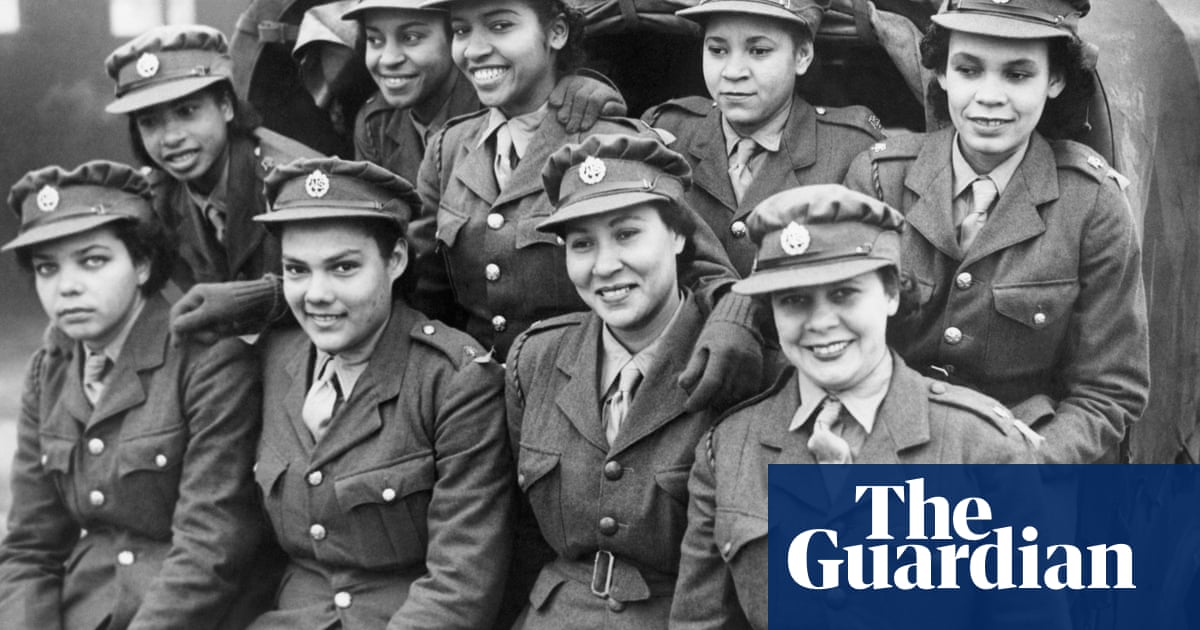Regarding Gary Younge’s article (Millions of the black and brown people who fought for Europe’s freedom didn’t get a VE Day, 8 May), it is refreshing to read about what actually happened at the end of the second world war. But I do resist strongly the framing of the millions of colonised people in the British empire as having “fought for the allies”. Theywerethe allies. These people, including my late father, were subjects of the British empire, just like any soldier from Liverpool or an Auxiliary Territorial Service recruit from Maidenhead. They were trained as the British army and they fought and died, or survived, just like those from Scotland or Wales.
Many British people don’t want to hear that millions of the grandparents and parents of those “foreigners” living here were born and lived under the same rule as any Bristol or Birmingham council estate, but that was the case. The far-right “othering” of people is a result of a deliberate and hateful ideology aimed at seizing power.
The words we use matter. The soldiers and service personnel that Younge is talking about were British subjects and Britain was a complex, global, multicultural empire – not a white bastion of democratic resistance that fought alone from the shores of Blighty.Judy VertannesChurchdown, Gloucestershire
I read with interest that about 2.5 million personnel from the Indian subcontinent fought during the second world war. They are perhaps not the only forgotten ones. My mother was in India when war broke out. She joined the Women’s Royal Army Corps (WRAC) in India and served throughout the duration, ending up with the rank of captain.
Her last days would have been made easier if her service had been acknowledged. On inquiring whether extra pension rights (she had a very small state widow’s pension) as a former servicewoman were hers to claim, she was told no records were available for WRAC in India. End of story.
And a very shabby end to the story. Quite apart from the financial side, it was as if her service to the nation had simply never existed.Angela Blazy-O’ReillyVilleneuve-la-Comptal, Aude, France
Do you have a photograph you’d like to share with Guardian readers? If so, pleaseclick hereto upload it. A selection will be published in ourReaders’ best photographs galleriesand in the print edition on Saturdays.
